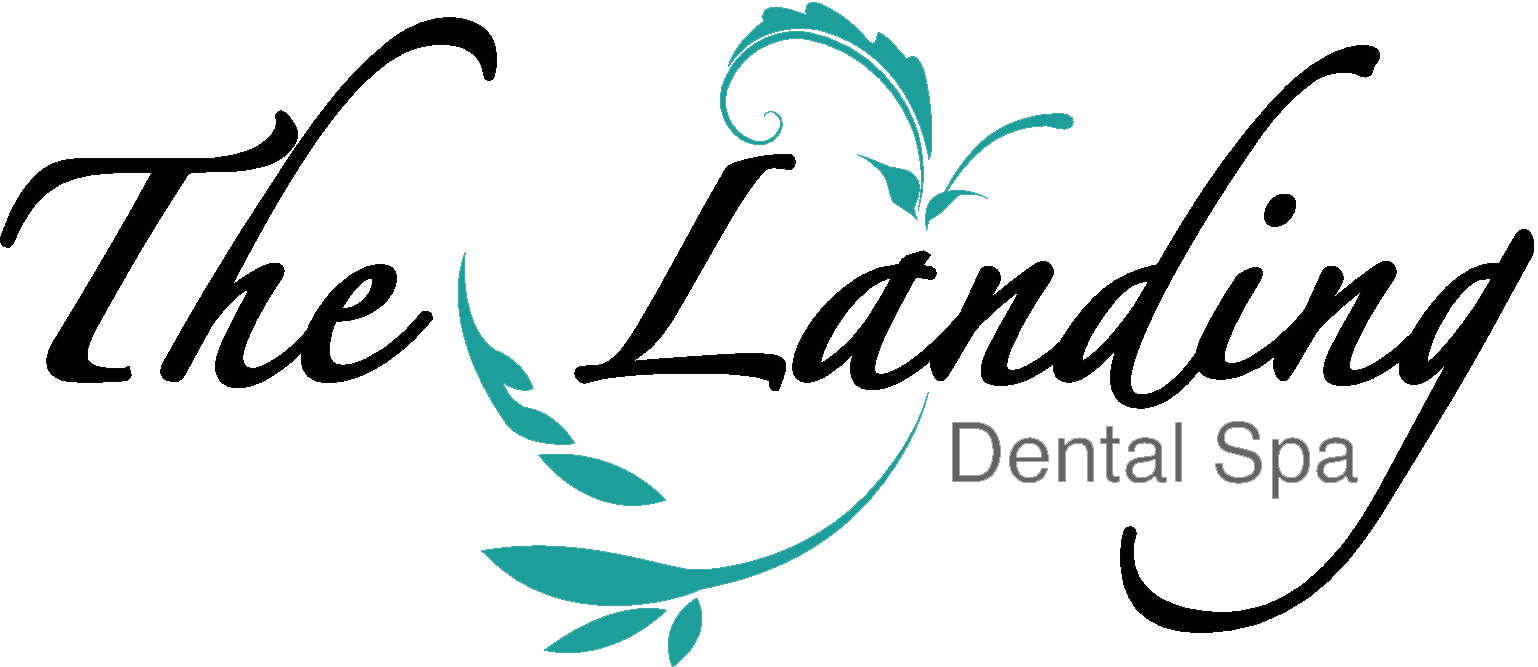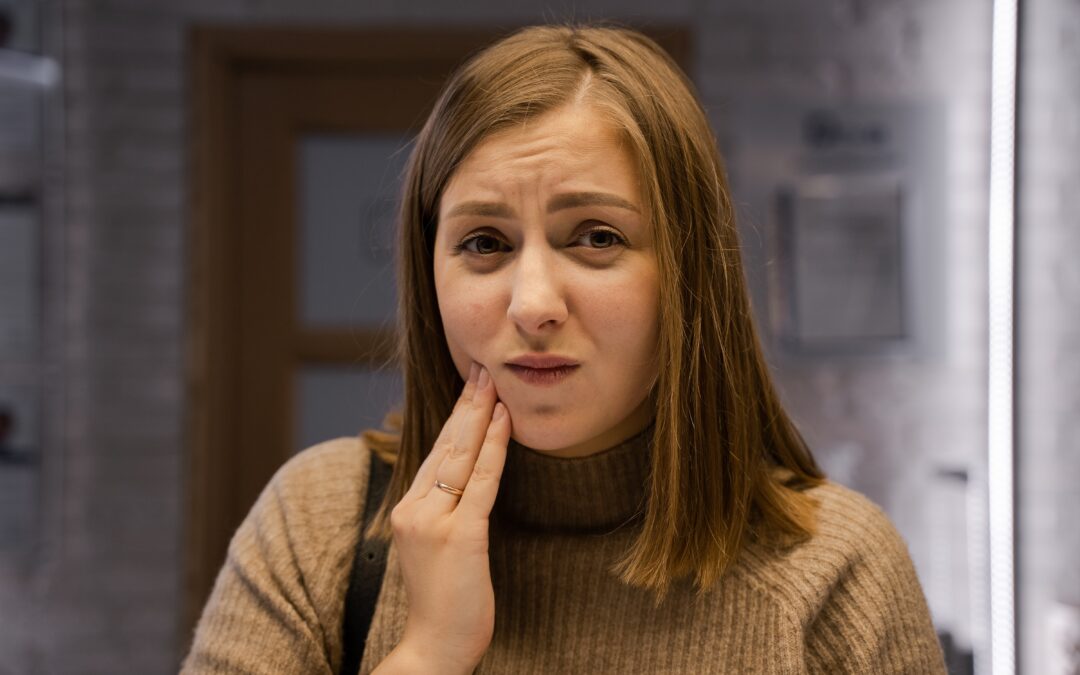Temporomandibular joint dysfunction, also known as TMJ disorder, can be extremely painful if not treated properly. Over 10 percent of Americans will experience TMJ disorder at some point in their life. TMJ disorder is pain that affects the jaw and is typically temporary. If you are experiencing extreme pain in your jaw, continue reading to learn more about TMJ disorder and how you can experience the relief you desire.
WHAT IS THE TEMPOROMANDIBULAR JOINT?
The temporomandibular joint is the combination of the hinge and sliding actions connecting the jawbone to your skull. Cartilage then covers and separates these motions with a shock-absorbing disk, which provides the actions and movement to stay smooth.
WHAT IS TMJ DISORDER?
TMJ disorder can cause pain in your jaw when the hinge and sliding motions that control jaw movement are affected. Some of the symptoms involved with this disorder include:
- Aching pain in or around your jaw
- Tenderness or pain to touch your jaw
- Pain in or around your ear
- Headaches or migraines
- Difficulty/pain while chewing, talking or yawning
- Overall facial pain aches
- Jaw and joint locking
- Difficulty opening or closing mouth
- Clicking sound or grating sensation when chewing
If you are experiencing any or multiple symptoms listed above, it is best to seek medical attention immediately for a diagnosis and assistance for relieving your pain. However, if you are not experiencing pain or limitation with jaw clicking, treatment for TMJ disorder is not always necessary and can resolve independently.
WHAT ARE THE CAUSES OF TMJ DISORDER?
TMJ disorder can occur from different causes, but most of the time, the reason is unclear. It can be challenging to diagnose and treat because of how complex the joint is. Women are affected much more by this disorder than men, with every nine women to one man experiencing severe pain and jaw locking movement.
There are many known causes of TMJ disorder. Listed below are just a few of the possibilities that could cause it:
- Physical injury
- Arthritis caused by damaged joint cartilage
- Clenching/grinding teeth during sleep
- Past dental surgeries
- Infections
- Disk erosion
- Disk alignment shift
- Autoimmune disease
TMJ disorder can also be genetic or hormonal (i.e., why women are much more prone to the disorder) or environmental strains, such as violinists, since their work involves holding their instrument under their jaw.
TMJ DISORDER TREATMENTS AND RELIEF
For mild cases, there is a range of different options to help treat TMJ disorder at home. Many lifestyle changes can help alleviate moderate and mild symptoms. Some of these treatments involve reducing unnecessary jaw movement, such as eating softer foods, avoiding chewing gum and releasing the tension in your jaw by unclenching it.
If your TMJ disorder occurs from pre-existing conditions, you may need treatment. For example, your dentist may recommend a mouth-guard for those who grind their teeth in the middle of the night, whereas someone with osteoarthritis may find relief from steroid injections. The injections can help ease swelling and reduce the pain, ultimately helping you feel back to normal. In addition, over-the-counter (OTC) pain medications can reduce discomfort and inflammation as well.
In rare cases, your condition may require surgery. Surgery is the most effective treatment for those with severe pain and difficulty opening and closing their mouth. Keep in mind that surgery is only recommended when the actual joint is causing the problem.
In extreme cases, the entire joint can be replaced. However, this is very rare and only considered when movement is highly restricted.
FIND COMFORT AND PAIN RELIEF AT THE LANDING DENTAL SPA
At The Landing Dental Spa, we understand that TMJ disorder is no joke and can cause severe pain if not treated properly. This pain can lead to overall life distractions and may take you away from what you love the most. Therefore, if you are experiencing locked jaws, facial pain, difficulty opening your mouth, difficulty chewing or talking or a clicking or grating sound when using your jaw, we encourage you to make a dental appointment with us as soon as possible. If you would like to make an appointment with us, please call us at 304-594-2200 or use our online contact form.


Recent Comments